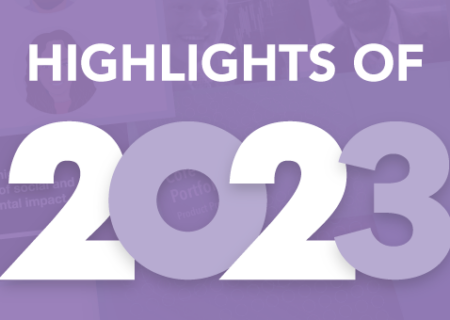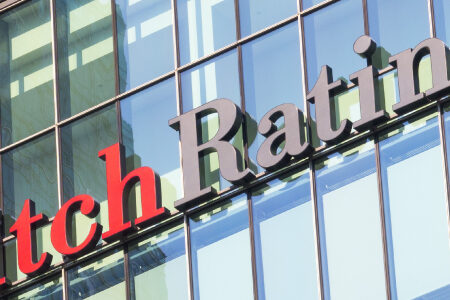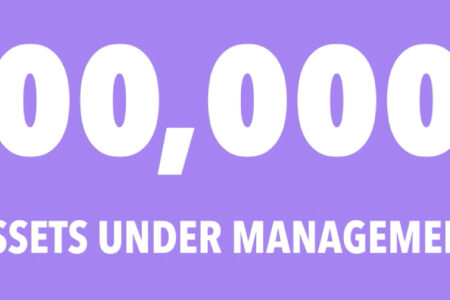Blog

Annual Market Review 2023
Our latest market commentary covers the drivers of market conditions across 2023, along with factor, asset class, and portfolio returns.

Highlights of 2023
It has been another busy year for ebi. Here are some of the highlights from 2023.

The Problems with Property
Introduction The last couple of weeks have seen further pain in the UK open-ended property fund market. On 19th October, fund manager M&G announced that it would be closing its £565m Property Portfolio fund, due to “declining retail investor interest across this fund structure”. This means that daily dealing into and out of the fund has been halted, and the fund will enter the winding-up process – selling underlying assets and returning the AUM remaining…

Adopting a factor based approach in a recessionary environment
Adopting a factor based approach in a recessionary environment.

Cash, Bonds and Beyond
This blog explores the reasons why long-term passive investors may prefer to hold bonds over cash in their portfolio, despite the high rates currently on offer through cash savings accounts.

U.S. Credit Rating Downgraded: Fitch AA+
This blog post covers the announcement made by Fitch Ratings on August 1st regarding the downgrade of the U.S. debt rating from AAA to AA+, the reasons behind the downgrade, and the benefits of maintaining a higher credit rating.

ebi hits £2 billion AUM!
We’re delighted to hit this milestone, having doubled our AUM in just over 2.5 years, making ebi one of the fastest growing DFMs in the country!

The Case for a Total Return Approach for Income-Seeking Investors
The Case for a Total Return Approach for Income-Seeking Investors





